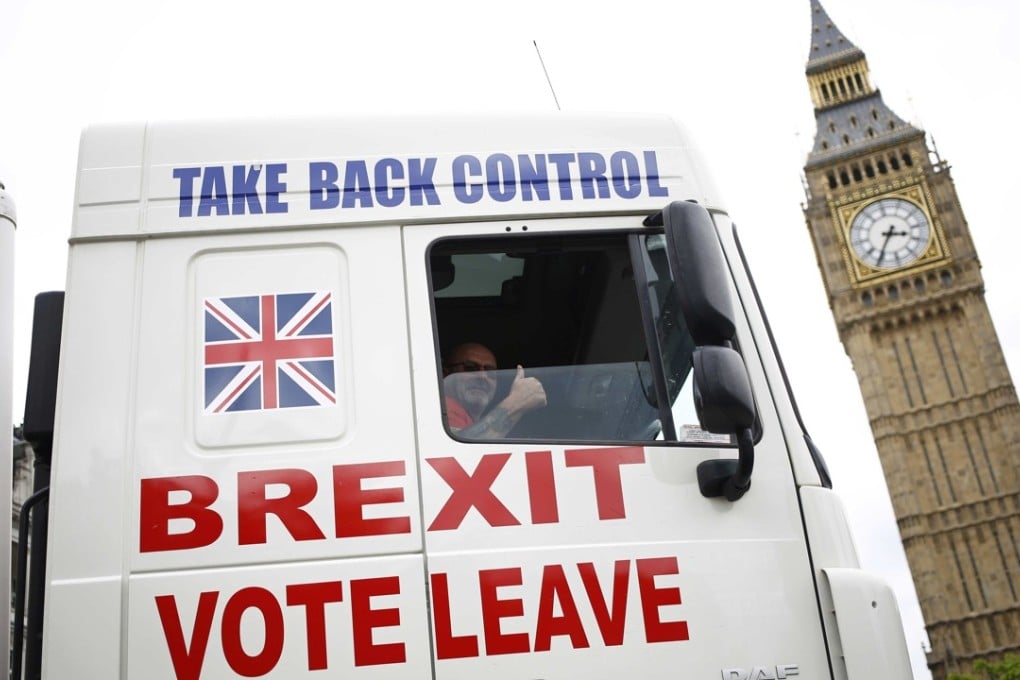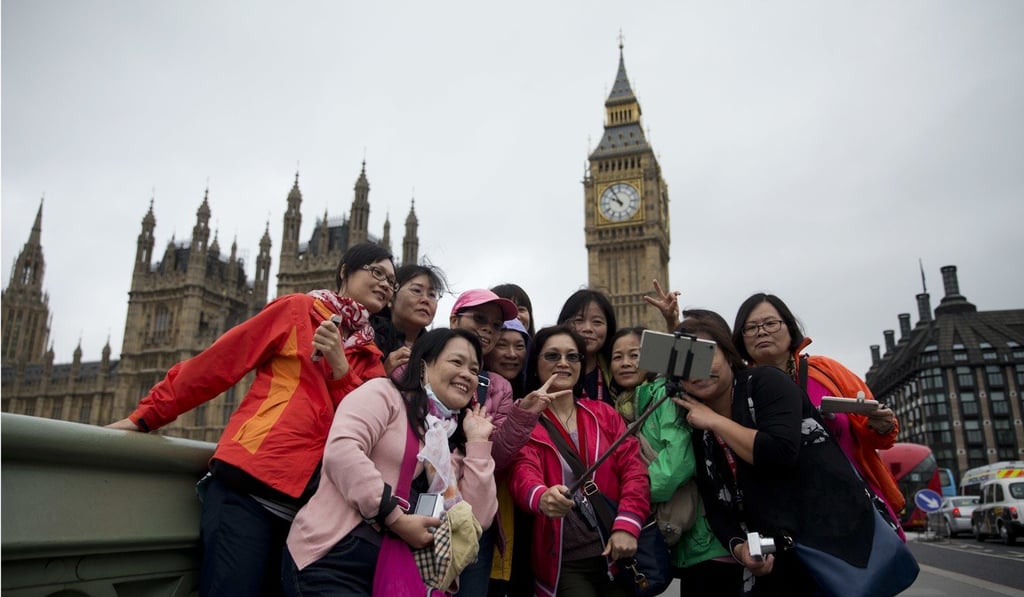Brexit-era Britain, like Donald Trump’s America, attempts government by nostalgia
Kevin Rafferty says the push for Britain’s departure from the European Union is, like much other anti-immigration sentiment around the world, driven by frustration with globalisation and memories of an idyllic time that never existed

In the heart of London’s Oxford Street, outside John Lewis department store, a man in his early 30s stood at an electronic organ under the shade of a large Chinese flag, playing China’s national anthem.
Outside Selfridges, Oxford Street was jammed with cycle rickshaws and locally called pedicabs – many sporting Middle Eastern flags – seeking tourists, whom the unrestricted drivers charge up to £200 (about US$250) for a 10-minute ride.
London is full of tourists, a babel of languages, a hustle of hijabs and a frenetic kaleidoscope of designer bags. Even in the wasteland of Docklands, we had to fight for breakfast buffet bacon and coffee with 53 schoolkids from Shanghai.
“Bloody bad-mannered foreigners, they think they own us,” grumbled the inevitable London taxi driver, his speed reduced to that of the pedicab ahead.

